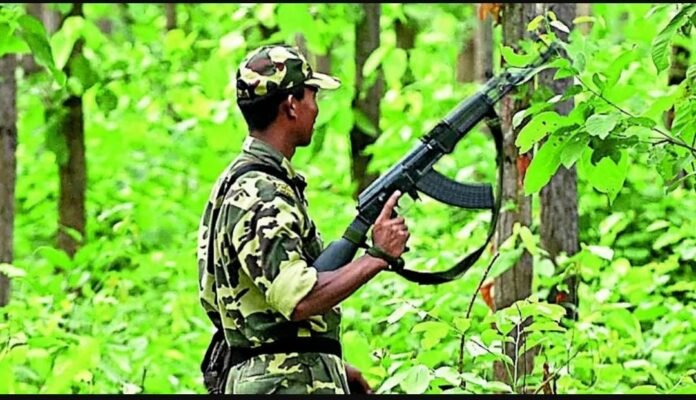“Recognition Discrepancy: Award Disparities Emerge Between Police Personnel in Anti-Maoist Operations and J&K”
In a notable contrast of accolades, recent data has shed light on a noteworthy disparity in the recognition bestowed upon police officers engaged in two distinct theatres of conflict in India. While those involved in anti-Maoist operations have been receiving a higher number of medals compared to their counterparts stationed in Jammu and Kashmir (J&K), questions are being raised about the underlying factors influencing this uneven distribution of honors.
The data analysis reveals a remarkable trend, where officers involved in counter-Maoist efforts have been presented with a more extensive array of medals and awards in contrast to their compatriots posted in the volatile region of J&K. This discrepancy has sparked discussions within both law enforcement circles and public discourse, prompting calls for a comprehensive review of the criteria and guidelines for recognizing police valor and dedication.
It is imperative to consider the differing challenges and complexities faced by officers in these two arenas. Anti-Maoist operations often demand a prolonged engagement in remote and rugged terrains, while officers in J&K navigate through a distinct set of security concerns and sensitivities. Experts argue that recognition should be proportional to the unique risks and sacrifices that officers face in their respective duties, rather than a numerical comparison.
Efforts are underway to ensure a fair and just distribution of honors that accurately reflect the valor and commitment exhibited by police personnel across all theaters of duty. As the nation takes pride in the selfless service of its law enforcement, the need for a transparent and equitable recognition framework becomes all the more apparent. This calls for a comprehensive evaluation of the award criteria, taking into account the nature of challenges officers face, the level of threat encountered, and the impact of their service on national security.

